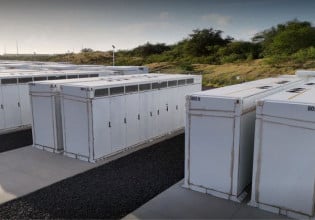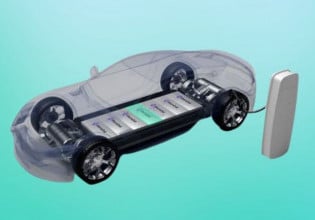Infineon Technologies announced that a product innovation is ready for design-in: an 8-bit microcontroller for electric bicycles (e-bikes). The company states that the market for the electric bicycles accounts for more than 18.5 million bikes for 2007 and shows an annual growth rate of 25%. E-bikes are equipped with a battery pack that frees the riders from pedaling. According to the company, due to their convenience, environmental-friendliness, and high performance-cost ratio, e-bikes have received an increasing demand from bicyclists around the world.
"With more than 10 percent market share, Infineon is in the leading position for new electric bicycles," said Ching Yen Shih, Senior Director, Industrial and Multimarket Microcontrollers at Infineon. "Our microcontrollers increase the energy efficiency of the battery pack and manage all functions of the e-bike control system."
At the heart of the e-bike control unit, an 8-bit microcontroller is claimed to control the motor operation and ensure the most efficient use of the energy. With one fully-charged battery, an e-bike with a load of up to 100 kg can travel approximately 40 km at an average speed of 25 km per hour. With a clock rate of 27 MHz and high performance peripherals, such as high speed analog-to-digital converters, dedicated motor control units using the Infineon XC866 family of microcontrollers offers an optimized solution for e-bike control board designers. The high performance also enables them to realize abundant functions to meet various end-user requirements, such as remote unlocking, e-brake, intelligent dashboard. The bike also operates under every weather condition, as the temperature range of the chip extends from -40 to +125°.
The next-generation of the e-bike control units, which are used on the designer’s drawing boards, will be available early next year, and will be equipped with a new version of the microcontroller with 8 kByte of memory. This extended memory capacity is said to allow for more "intelligent" operations and will eliminate the use of three hall sensors used for the motor position feedback, required by the current control algorithm. In addition to the system cost savings, the sensorless solution will significantly reduce the maintenance efforts for the e-bike manufacturers, as approximately 80% of e-bike malfunctions today are caused by the failure of these sensors.






